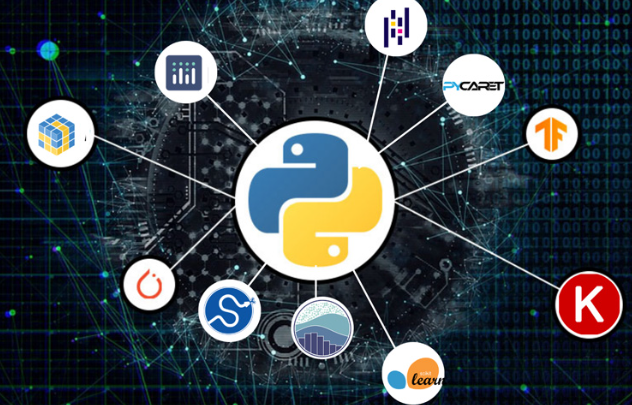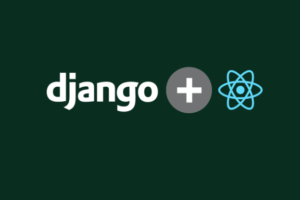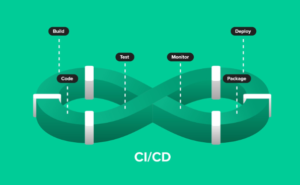As a Python developer, there are numerous libraries that can greatly enhance your productivity and enable you to build a wide range of applications. Here are some essential Python libraries that every developer should be familiar with:
- NumPy: NumPy is a fundamental library for scientific computing in Python. It provides support for large, multi-dimensional arrays and matrices, along with a collection of mathematical functions to operate on these arrays efficiently.
- Pandas: Pandas is a powerful library for data manipulation and analysis. It offers data structures like DataFrames that make it easy to work with structured data, perform data cleaning and transformation, handle missing values, and carry out data exploration tasks.
- Matplotlib: Matplotlib is a plotting library that enables you to create a wide variety of static, animated, and interactive visualizations in Python. It provides a high degree of customization and can generate plots, histograms, scatter plots, and more.
- Scikit-learn: Scikit-learn is a popular machine learning library that offers a comprehensive set of tools for data mining, data analysis, and predictive modeling. It includes various algorithms for classification, regression, clustering, and dimensionality reduction, along with utilities for model evaluation and selection.
- TensorFlow: TensorFlow is an open-source library widely used for machine learning and deep learning. It provides a flexible ecosystem of tools, libraries, and resources to develop and deploy machine learning models efficiently, especially for tasks involving neural networks.
- PyTorch: PyTorch is another popular library for deep learning that offers dynamic computation graphs and easy-to-use APIs. It provides a flexible and efficient platform for building and training neural networks and has gained significant traction in the research community.
- Flask: Flask is a lightweight web framework that allows you to build web applications quickly and easily. It provides a simple and modular design, allowing developers to add only the required components. Flask is an excellent choice for developing RESTful APIs or small to medium-sized web applications.
- Django: Django is a full-featured web framework that follows the model-view-controller (MVC) architectural pattern. It provides a robust set of tools and features for building complex, scalable web applications, including an ORM (Object-Relational Mapping) for database interaction, user authentication, and an admin interface.
- Requests: Requests is a user-friendly library for making HTTP requests in Python. It simplifies the process of sending HTTP requests and handling responses, whether you’re working with APIs, scraping web data, or building web crawlers.
- SQLAlchemy: SQLAlchemy is a powerful and flexible ORM (Object-Relational Mapping) library that facilitates database interactions in Python. It supports multiple database backends, provides an intuitive API, and enables you to work with databases using SQL or object-oriented approaches.
These are just a few examples of the many useful libraries available in the Python ecosystem. Depending on your specific needs and areas of interest, there are numerous other libraries you might explore, such as OpenCV for computer vision, Natural Language Toolkit (NLTK) for natural language processing, and Django REST framework for building RESTful APIs. Remember to consult the official documentation and explore examples to learn more about each library and its capabilities.



